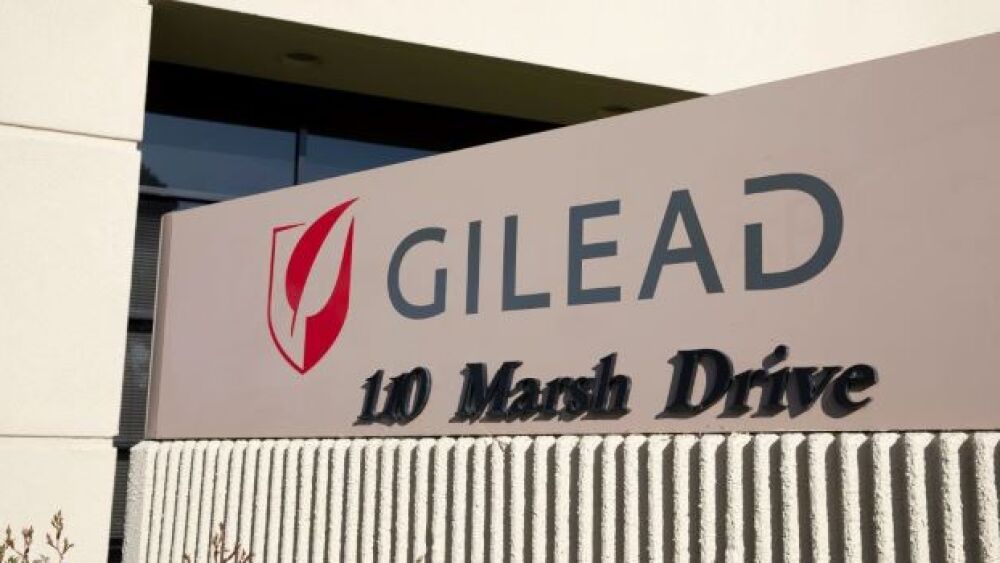Gilead and Dragonfly announced their collaboration today, with an end goal of bringing the DF7001 NK engager program designed for patients with cancer or inflammatory diseases.
Liu Guanguan/China News Service via Getty
A collaboration between Gilead Sciences and Dragonfly Therapeutics was announced today, with an end goal of bringing Dragonfly’s DF7001 natural killer (NK) engager program designed for patients with cancer or inflammatory diseases to fruition.
DF7001 is an immunotherapeutic formulation that upregulates NK and cytotoxic T cell activity to combat cancer and stromal cell proliferation. The formulation relies upon Dragonfly’s TriNKET technology, which directs DF7001 to target 5T4, a protein that is present on the surface of cancer, fibroblasts and stromal cells. These cells support the cell proliferation seen in poor-prognosis cancers, such as head and neck squamous cell carcinomas (HNSCC), non-small cell lung cancers and breast cancers. With potential applications for such a range of diseases, acquisition of the technology was inevitable.
Bill Haney, Dragonfly’s CEO and co-founder, shared the company’s excitement to collaborate with the pharma giant.
“Gilead’s investment in Dragonfly, and specifically in DF7001, reinforces the value of our TriNKET platform and the differentiated and sustainable approach focused on people with cancer and inflammatory diseases,” he said. “Gilead has a well-established track record in development and commercialization and is a well-matched partner for our scientific expertise and platform. We look forward to working with the Gilead team to advance new treatment options where there is a high unmet need.”
The agreement details immediate and long-term financial arrangements, including a $300 million up-front payment from Gilead to Dragonfly, in acknowledgment of the value of the company’s TriNKET immune technology. Additional payments may be negotiated upon completion of global regulatory, developmental and commercial milestones. Dragonfly will receive 20% royalty payments of global sales. These financial details have not yet cleared the Department of Justice and FTC’s review, which is held to the Hart-Scott-Rodino Antitrust Improvements Act of 1976.
Gilead’s agreement to aid in the development and commercialization of DF7001 is one of many in the company’s widescale goal to expand its portfolio to a wider range of oncologic therapeutics. This comes following a public acknowledgment that COVID-19 treatment sales, including Gilead’s Veklury (remdesivir) will wane as hospitalizations decrease.
Executive VP Flavius Martin, M.D. issued a statement about Gilead’s expanding focus.
“We are excited to partner with Dragonfly as we expand our pipeline with innovative NK cell engager programs. Using our scientific framework to focus our efforts, we are growing our portfolio with assets that have complementary MOAs and strong scientific rationale for combination opportunities. We look forward to working with the Dragonfly team to explore novel NK engager treatments across diverse therapeutic areas to address some of the greatest gaps in care for cancer and inflammatory diseases,” he said.
While Gilead has a presence in 35 countries, Dragonfly is clinical-stage and anticipating Investigational New Drug (IND) filing for DF7001. The IND submission is expected in the first half of 2023. Dragonfly has other noteworthy projects underway, including a collaboration with AbbVie to use the TriNKET technology for the development of autoimmune and fibrotic disease treatments.
Featured Jobs on BioSpace





